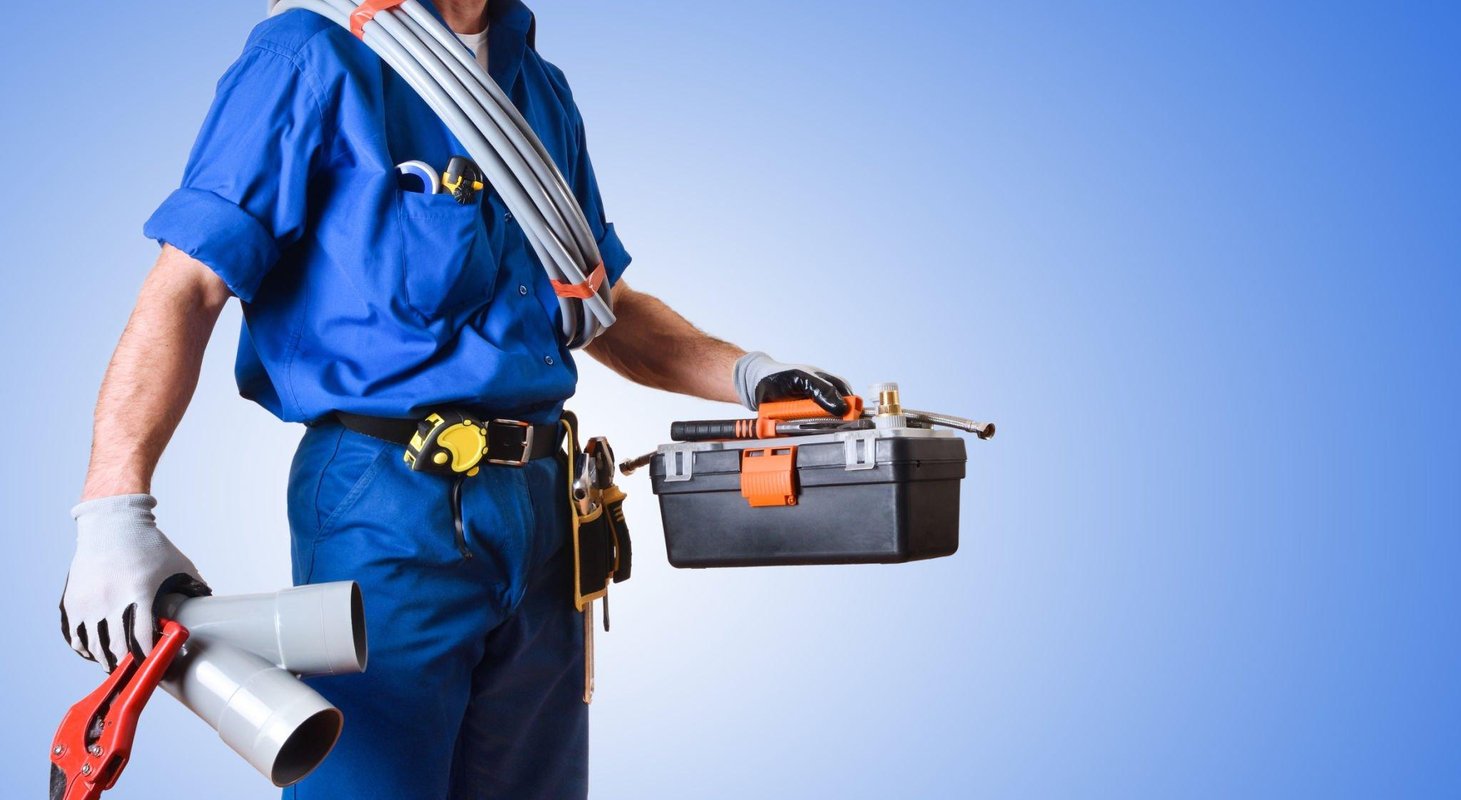Is Plumber a Good Job? Pros and Cons

Choosing a career path can be a daunting task. There are so many factors to consider, such as job stability, income potential, and personal interest. One career that often comes to mind is plumbing. But is being a plumber a good job? In this blog post, we will explore the pros and cons of pursuing a career as a plumber, as well as the essential skills and qualifications needed. We will also discuss the career outlook for plumbers and the factors to consider before deciding on this career path.
Career Outlook for Plumber
The career outlook for plumbers is promising. According to the U.S. Bureau of Labor Statistics, employment of plumbers, pipefitters, and steamfitters is projected to grow 4 percent from 2019 to 2029, about as fast as the average for all occupations. As buildings and infrastructure age, there will be a need for plumbers to maintain and repair plumbing systems.
Additionally, the increasing focus on water efficiency and green building practices is expected to create more job opportunities for plumbers who specialize in installing energy-efficient systems.
Factors to consider before deciding on a career as a Plumber
Before committing to a career as a plumber, there are several factors to consider:
- Physical demands: Are you physically capable of handling the demands of the job? Plumbing can be physically strenuous, so it is important to assess your physical abilities.
- Work environment: Are you comfortable working in potentially dirty or unpleasant environments? Consider if you are willing to work with sewage, chemicals, and other hazardous materials.
- Lifestyle impact: Are you willing to be on call and respond to emergencies outside of regular working hours? Plumbing emergencies can happen at any time, so be prepared for potential disruptions to your personal life.
- Licensing requirements: Research the licensing requirements in your area. Becoming a licensed plumber may involve completing an apprenticeship program and passing a licensure exam.
- Competition: Consider the level of competition in your area. Building a reputation and finding steady work may be challenging, especially in areas with a high concentration of plumbers.
Final Thoughts
Being a plumber can be a rewarding career with job stability, good income potential, and opportunities for entrepreneurship. However, it also comes with physical demands, potential exposure to hazardous materials, and the need for licensing and certification. Before deciding on a career as a plumber, it is important to consider these factors and ensure that it aligns with your interests and abilities.
If you are interested in pursuing a career as a plumber, platforms like Dreambound can help you find reputable training programs in your area. Dreambound is the largest platform for students to find vocational training programs, such as plumbing apprenticeships. They provide all the information you need to make an informed decision about your career path.
Dreambound has written many guides to help you understand what it takes to get this certification. If you're curious about the process or requirements in different states, check out our other guides below:
- How to Become a Plumber in Connecticut
- How to Become a Plumber in Iowa
- How to Become a Plumber in Michigan
- How to Become a Plumber in North Carolina
- How to Become a Plumber in Utah
Contemplating a change in your career path? Dreambound has written many comprehensive guides to aid you in making well-informed decisions.





